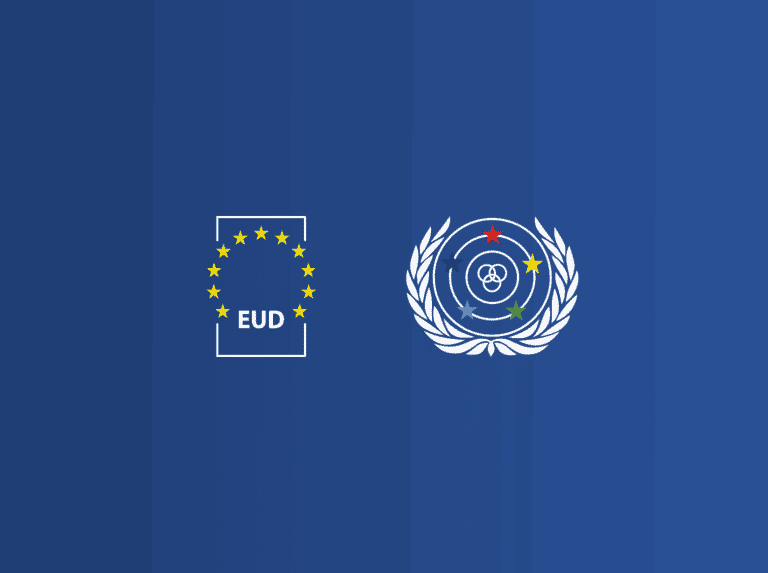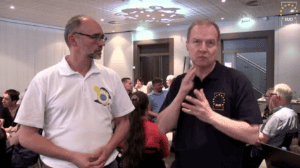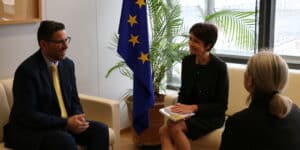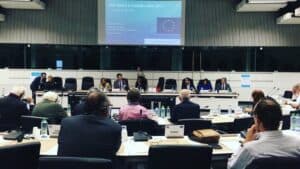On the 26de of August, EUD attended a webinar entitled ‘Unlocking the potential of sign language rights’. The World Federation of the Deaf (WFD) hosted the event, which took place online. The webinar pertained to a collaborative project by the WFD and Nippon Foundation called ’Securing access to sign language rights’. This project aims to support 330 organisations to achieve the legal recognition of sign languages in their countries. The webinar concentrated on Samoa, India and Colombia as examples of where this recognition has been promoted.
Dr Maartje De Meulder, a Senior Researcher and Scholar at the University of Applied Sciences Utrecht, presented her research on sign language recognition and the various legal ways to achieve it. The presentation was based around two case studies from Finland and Scotland, where such recognition has been successful. Furthermore, she explained the importance of understanding the two different types of sign language recognition:
· Explicit recognition: focusing on direct legal recognition and the status of the language and the rights of deaf people.
· Implicit recognition: focusing on laws related to disability matters, communications, or other issues related to minority groups.
During the webinar, several national deaf associations provided with insights into the types of recognition that their national sign language(s) had and presented the future goals related to their sign languages. They also explored the challenges faced by members of the deaf communities, who do not have sign language recognition. Leaders of deaf associations in Samoa, India, and Colombia explained the challenges faced in securing legal recognition of their sign languages, such as:
· Addressing the lack of sign language accessibility for deaf people in rural areas;
· Developing a national sign language for deaf Samoans; and
· Dealing with the scarcity of sign language education for deaf children.
Dr Joseph Murray, President of the WFD, pressed the importance of sign language recognition considering the UN Convention of the Rights of Persons with Disabilities (UNCRPD). Moreover, Dr Murray argued that 66 countries had recognised their national sign languages, including many in Europe, although this was only a fraction of the 182 countries that have ratified the UNCRPD. This means that a large number of governments have signed the UNCPRD but have not enacted what they signed, which significantly impacts deaf people’s lives.
Ms Susana Stiglich, the WFD’s Sign Language Rights Officer, led the presentation of the guidelines for achieving sign language rights, which will be released as a toolkit this year. The toolkit aims to provide national deaf associations with information to empower them to fight for the legal recognition of sign languages and strengthen the policies that are already in place. The event was highly informative and constituted a strong reminder that sign language recognition is vital for realising the human rights of deaf people, and that national deaf associations and governments have key roles to play in achieving this in accordance with Article 21 of the UNCPRD.













